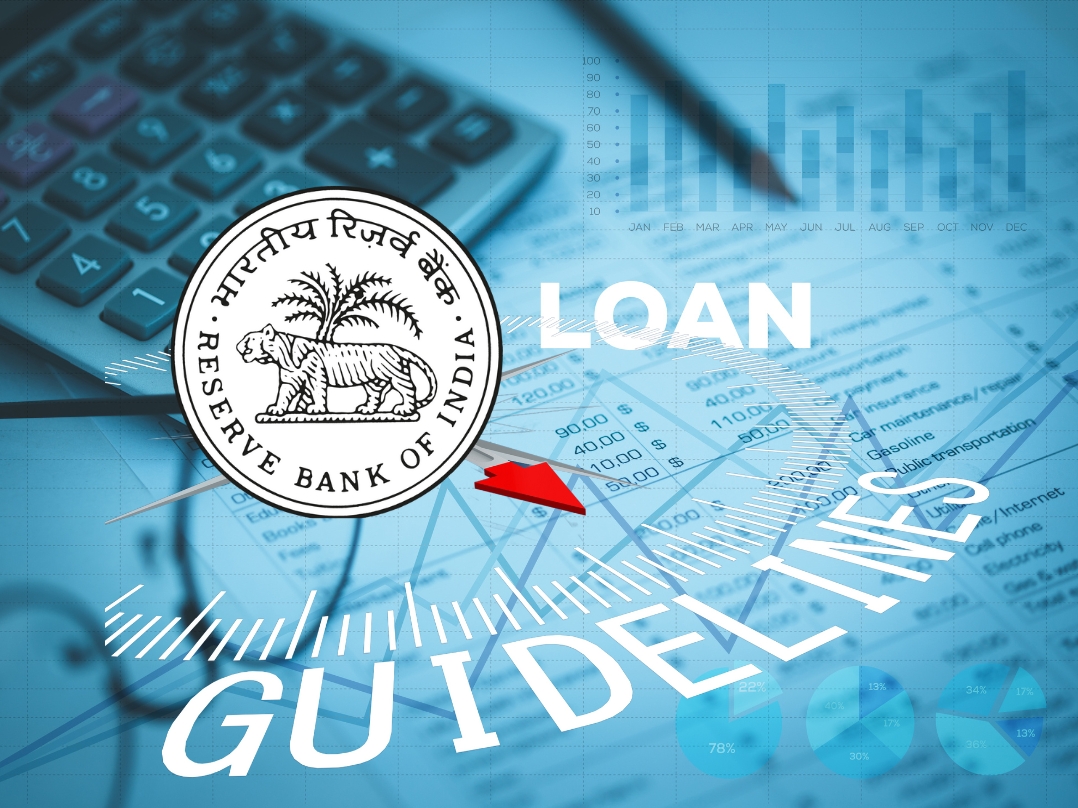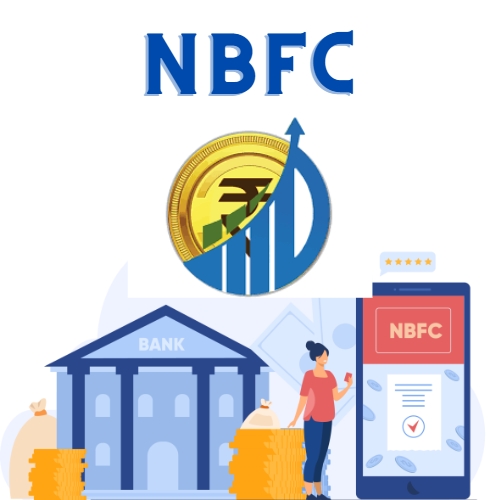
KYC Meaning- KYC Full Form, KYC Verification, eKYC Meaning
Introduction
Know Your Customer (KYC) is a crucial process used across various industries, particularly in the financial sector. It helps to verify the identity of customers. KYC aims to prevent identity theft, money laundering, terrorist financing, and other financial crimes. With digital development, eKYC (electronic Know Your Customer) has emerged as a streamlined and efficient solution for identity verification. Today, we’ll help you go through the meaning of KYC, its significance, eKYC, and its importance for businesses and consumers.
KYC Full Form and Definition
KYC stands for "Know Your Customer." It refers to the process through which businesses verify the identity of their clients. This procedure is carried to ensure that the customers are who they claim to be. KYC involves collecting personal information and relevant documents to verify the identity and address of the customer. Now that you know the KYC full form and definition, let’s shed some light on its significance.
Importance of KYC in Financial Services
KYC is fundamental in maintaining the integrity of the financial system. By verifying the identity of customers, financial institutions can reduce the risk of fraud, money laundering, and other unlawful activities. With the surprising increase in cyber crimes nowadays, the importance of KYC compliance in finance has reached an all-time high. In addition to these, the KYC verification process also helps build trust between customers and businesses.
KYC Verification Process
The KYC verification process typically involves collecting identification documents. These include a passport, driver's license, or Aadhar card, along with proof of address. Once the documents are submitted, they are verified by the institution through various means. These may include a manual review or automated software. The KYC process also includes in-person verification or video-based authentication, subject to requirements.
eKYC Meaning and Benefits
The digital KYC (eKYC) process, or electronic Know Your Customer, is a paperless, digital approach to verifying the identity of customers. It uses technology such as biometrics, OTP (one-time password), and digital signatures to verify the identity of individuals.
eKYC offers several benefits such as the following:
• Convenience: Paperless process
• Speed: Quick verification
• Cost-effectiveness: Reduced operational expenses compared to traditional KYC methods
How eKYC Works
In eKYC, customers provide their details through a secure online portal or mobile application. The information is then verified using digital methods such as biometric authentication, facial recognition, or OTP verification. Once the identity is confirmed, the customer is onboarded without the need for physical paperwork.
KYC and eKYC Regulations
Both KYC and eKYC are subject to strict regulations to ensure data privacy and security. Regulatory bodies such as the Financial Action Task Force (FATF) and the Reserve Bank of India (RBI) prescribe guidelines for KYC compliance. These include customer attentiveness and record-keeping requirements. eKYC also needs to comply with regulations governing electronic signatures and data protection.
Challenges and Solutions in KYC and eKYC
Despite their benefits, KYC and eKYC pose several challenges such as data security risks, fraudulent activities, and regulatory compliance. Let’s go through these in a bit of detail.
• Data Security Risks:
Challenge: Vulnerability to data breaches
Solution: Investment in strong cybersecurity measures
• Fraudulent Activities:
Challenge: Sophisticated fraud techniques
Solution: Implementation of AI-powered fraud detection systems
• Regulatory Compliance:
Challenge: Keeping up with evolving regulations
Solution: Regular training and updates on regulatory changes
• Customer Experience:
Challenge: Lengthy and complex verification processes
Solution: Adoption of user-friendly interfaces and streamlined procedures
Future of KYC and eKYC
What do you think the future of KYC and eKYC will be? Let’s help you understand. The future of KYC and eKYC is expected to be driven by technological and regulatory advancements. With the rise of AI, machine learning, and blockchain, KYC processes will become more automated, accurate, and secure. Biometric authentication will play a vital role in improving identity verification. On the other hand, segregated identity solutions based on blockchain will offer greater privacy and control to consumers. Moreover, regulatory reforms aimed at promoting digital identity will further streamline KYC and eKYC processes. Trust us, identity verification through KYC and eKYC will be on a completely different level in the upcoming years.
Conclusion
KYC and eKYC are extremely important processes in today's digital economy. Almost every business is well aware of the role of KYC in preventing fraud and money laundering. Understanding the KYC procedure not only safeguards their operations but also improves customer trust and experience. With KYC and eKYC explained, it’s up to businesses how they adapt to the changing scenario of identity verification.
FAQ



